“JAzz and Vulnerability"
by D.D. Jackson
[originally published in DownBeat magazine, Sept.02]
I’d seen the type before. Fresh-faced and new to New York, the last-minute sub I hired for a trio hit I was doing upstate was a recent graduate of a prestigious jazz institution from the southern U.S. and had come to try his luck as a jazz musician in the big city. In the end he was courteous and professional; he read well and did a passable job with the music. But what struck me about him was not what he did do, but what he didn’t do. To him the gig was just another opportunity to play and to make a little money. What seemed absent, however, was a willingness to open up and make himself the least bit vulnerable to the people around him who were more than prepared, if asked, to share their experiences, contacts, and ideas. What a missed opportunity!
It’s easy to come here and be intimidated by the scene, or by any scene, for that matter, in which you are starting out at the proverbial bottom rung of the ladder. I have often regarded a city like New York as the great “leveler” – the place where people come from all over the world to see where they fit in to the jazz hierarchy. At best it's truly the ultimate motivator (though I’ve also seen a fair number of people turn and head for the hills early on!)
Of those who remain, there always seem to exist players who manage to maintain a false sense of security by surrounding themselves with the familiar: peers from their hometown; players from their home schools; stylistically like-minded colleagues, often of the same race, generation and musical level. This approach might be fine as a starting point, but it becomes troubling when it continues for years and years, creating for the musician an illusory “comfort zone”.
Tenor sax great David Murray said something to me years ago that really stuck. Bursting with confidence when he first arrived at age 19, he told me that he didn’t hesitate to try and surround himself with the greatest players he could find. One of the early people he hired for his bands, in fact, was drummer Ed Blackwell, 20 years his senior. David’s attitude: he’d never grow as an artist without constantly trying both to associate and play with musicians better and more varied in experience than himself.
But how can a newcomer even begin to make contact with such established artists? Surprisingly, in New York or other centers flush with veterans it can be as simple as picking up the phone, or for those living elsewhere, going up to them after a gig when they come through town. Jazz being the perennially under-appreciated art form that it is, the often hidden truth is that even the most well-known artists can be highly insecure, and are frequently genuinely flattered by someone sincerely passionate about and familiar with their work. (Not everyone, though, will respond this way - part of making yourself vulnerable to people is the presumption that you’ll get your fair share of rejection, which is also par for the course).
You might be surprised by how many of those I approached with sincerity (and due diligence!) early on were ultimately willing to impart meaningful advice or provide feedback on my demos or CDs, let me observe rehearsals, give me occasional or regular lessons, or recommend me to others. In many cases being allowed to participate in rehearsals even resulted in my eventually becoming a regular member of their bands.
The key, again, is to admit that you don’t know everything; to have an honest willingness to make yourself vulnerable and to get out there and learn!
